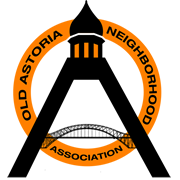The First OANA Livestream Meeting
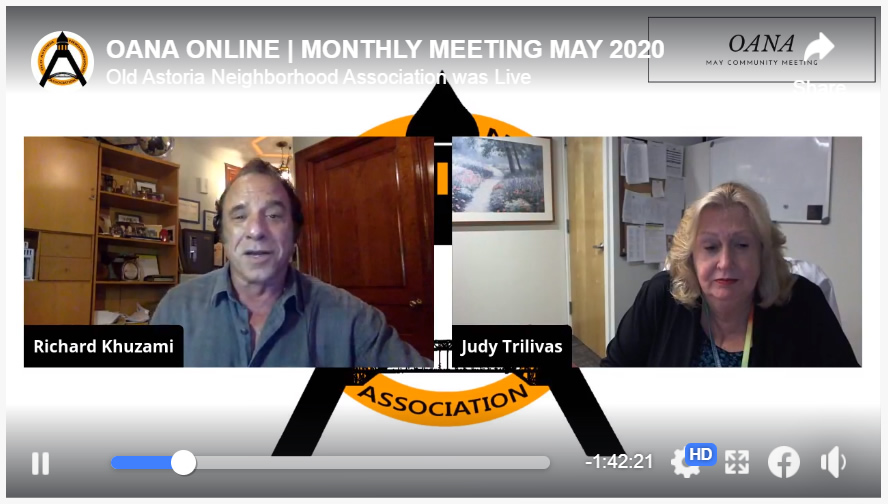

The Old Astoria Neighborhood Association had its first online monthly meeting through a Livestream on Facebook last Wednesday, May 27. It was hosted by president Richard Khuzami who shared the screen with guest speakers that hold different roles in the neighborhood. The viewers were updated on important topics concerning the current situation as New York City takes steps towards reopening.
In her presentation, hospital Mount Sinai Queens’ Vice President and COO Judy Trilivas talked about what has become her “new normal.” As the curve of COVID-19 cases declines in the city, the hospital has returned to providing some services that were suspended once the virus hit.
Mount Sinai has also launched a two-week pilot program implemented by Governor Cuomo to test limited visitation. The criteria for the pilot consists of four-hours a day visits per patient, one visitor at a time, the visitors must be wearing appropriate PPE, they must check their temperature and for other symptoms, they must be at least 18 years old and the visiting hours are limited from 9 am to 6 pm.
“I’m happy to say that yesterday was the first day. Families were so thankful, and we had over 50 visitors already seeing their patients,” Trilivas said. “It went very smoothly.”
Switching the subject, but remaining under the same circumstances, Jin Kim delivered a message about the 2020 Census. Kim urged the viewers to collaborate with the constitutional survey, promising the process to be important, safe, and easy. He explained that the data collected determines eligibility for federal funding, which is why it is important for all to be represented. He also guaranteed complete privacy and confidentiality from the Census Bureau.
“We provide numbers, not identities,” Kim said.
Due to COVID-19, the survey is available online for the first time. In addition, it can be completed by mail and calls. The Census Bureau will send people physically to the homes that have not sent in their answers by Aug. 11. However, Kim asks the viewers to prioritize self-response, so they can save the government money and secure everyone’s health by remaining socially distanced.
The stress and uncertainty of the new routine caused by COVID-19 is a trigger for addiction and has developed into an increase in alcohol and substance abuse, according to Despina Vougioukas. She shared signs to identify those struggling with addiction, including the deterioration of one’s appearance, change in behavior, mood, sleeping and eating habits, a delay to act on plans, among other signs. Vougioukas also presented ways to cope with mental health and substance addiction during times of isolation, mentioning available programs online, the importance of limiting the information one takes in, and the effect of positive mindfulness.
“Focus on what you can control, and reach out for help,” Vougioukas said.
Under a similar concern, Dr. Alice Welch, director of evaluation at the New York City Department of Health and Mental Hygiene, raised awareness of how communities of color in the city have been disproportionately affected by COVID-19, facing a higher rate of hospitalization and death, which highlights structural racism. Although the virus has affected everyone, according to Welch and to the statistics she shared, the impact comes in different levels concerning food insecurity, behavioral health implications, unemployment, among other issues.
“We often say that we’re in the same storm, but in different boats, as many of us are not experiencing the impact of the pandemic in the same way. For many people the pandemic has just added to existing stressors they were already experiencing,” Welch said.
The last couple of presentations introduced resources available to the community. Stephanie Baez, the coordinator of The Child Center of NY- Astoria, informed that the agency has recently extended its services to providing food, wipes, and diapers for families on a weekly basis, as well as cash assistance. She encouraged those who need help to call her at (347) 956-1366.
While the city transitions into reopening, the usage of public transportation is still perceived as a contamination risk for the lack of social distancing involved. Carol Antunez presented an alternative with Revel, a moped service that is street legal, space-efficient, affordable, and sustainable. Revel mopeds are available in multiple locations around the city and they can travel up to 60 miles. Throughout the COVID-19 crisis, the service has announced free rides to first responders and free memberships to restaurants to help them transition to delivery. The Revel app is available for iOS and Android.
Watch the full meeting below.
Recommended Posts
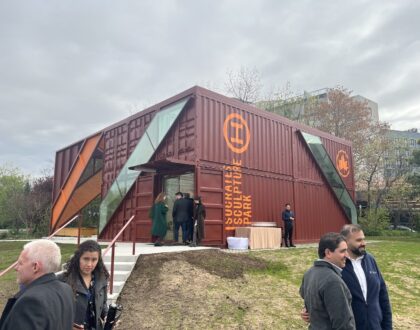

Socrates “The Cubes”
April 25, 2024
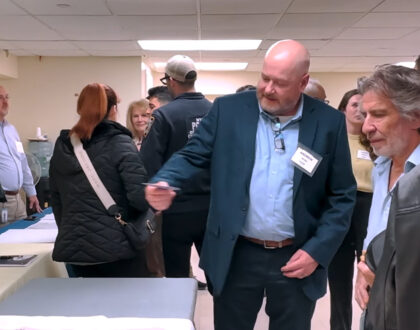

CHPE & Hydropower in NYC
April 25, 2024
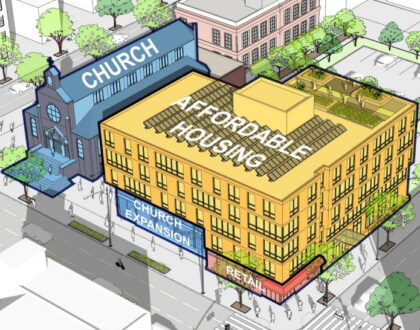

City of Yes: Paving the Way for More Housing in NYC
April 22, 2024
